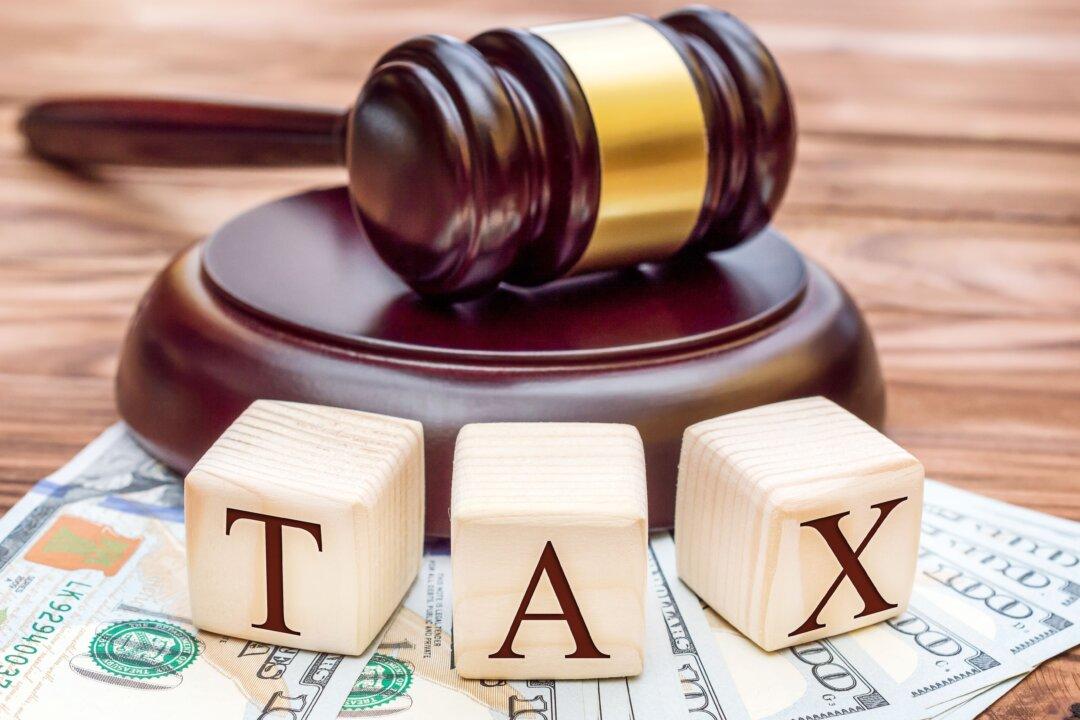Sometime after your tax time, you may get a letter from the Internal Revenue Service (IRS) stating there is a problem with your tax forms and taxes you paid—or failed to pay. The letter may also say that you have a tax penalty.
The good news is that you may have made a simple mistake when calculating your taxes or accidentally overlooked reporting something. Correcting the problem may be easy enough, possibly requiring only that you send a letter of explanation.






